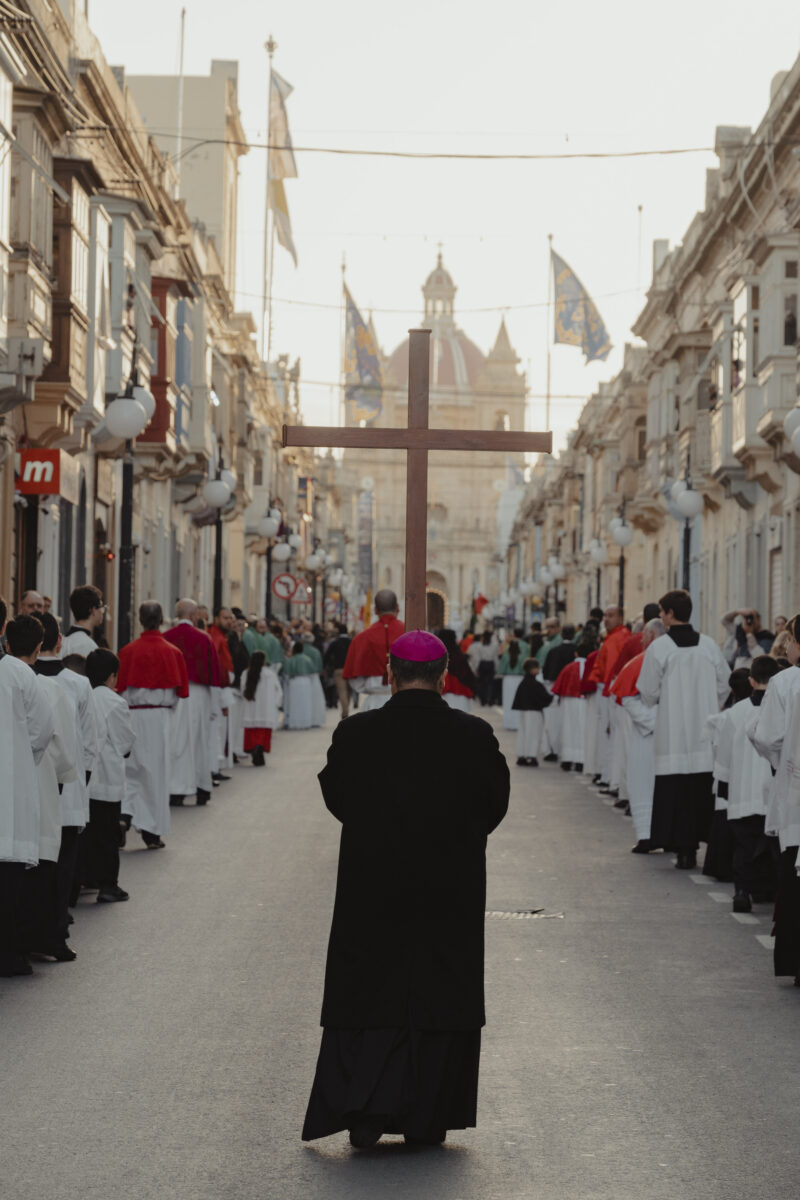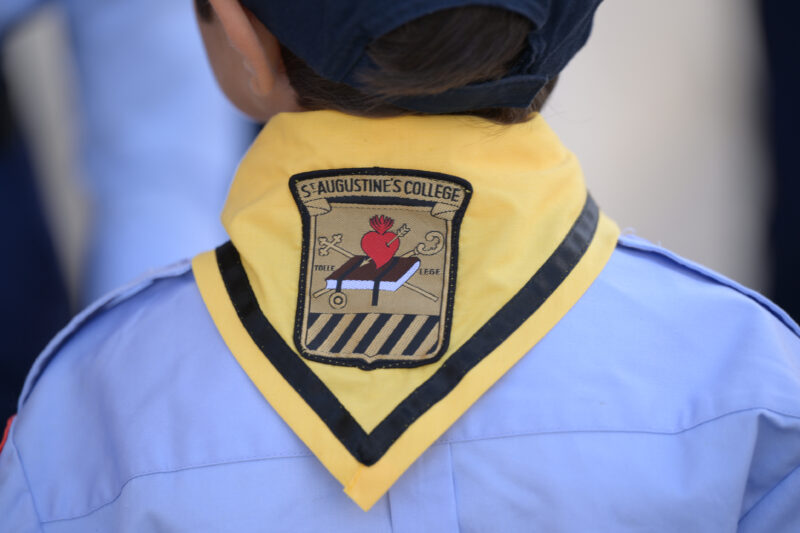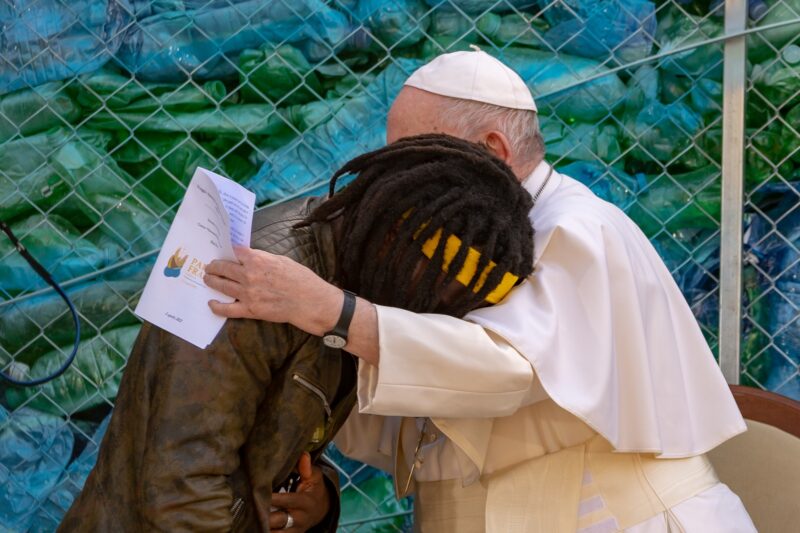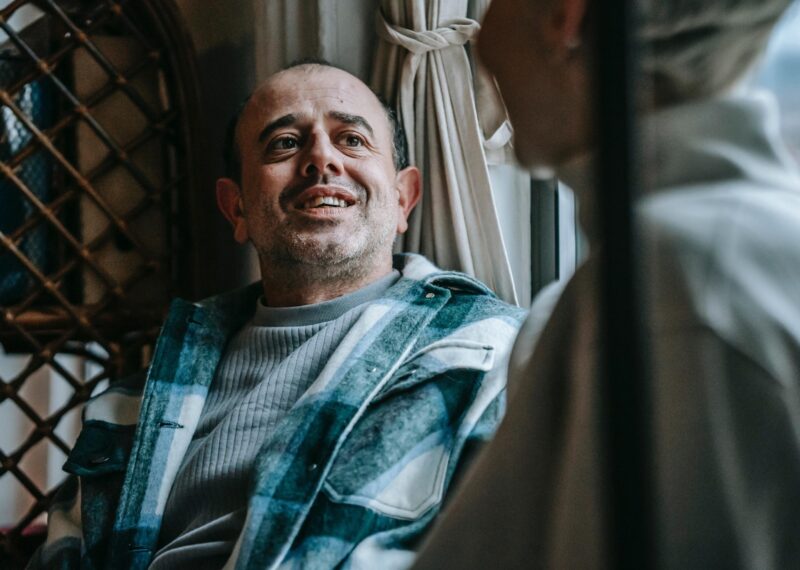The participants will engage in preparations for the imminent Lenten season, during which the Diakonia, spiritual, and cultural dimensions of this significant period in the Church will be emphasized and explored. This preparation aims to equip and enrich them for their pastoral roles in their respective parishes and communities, enabling them to guide others effectively on their journey during this special time of grace.
Upon acquiring new insights and skills, participants will be encouraged to collaborate with their parish priests in organizing and planning a schedule for Lent for their respective groups. This collaborative effort seeks to ensure a well-rounded and meaningful Lenten experience for the parish community, incorporating elements of Diakonia, spirituality, and culture to foster a deeper connection with the season’s spiritual significance.
If you are a registered pastoral worker with the Archdiocese of Malta, you can benefit from a 50% discount on this course. Start your application process as a pastoral worker on parrocci.knisja.mt/pfi.
- Pastoral Workers, especially those involved in decision-making bodies.
- Religious people and Priests
- Individuals interested in the subject
Target Audience Age: 18+
Lectures will take place on Wednesdays from 6:00pm to 8:00pm
| Date | Session |
| 10th January 2023 | Culture in Lent |
| 17th January 2023 | Spirituality in Lent |
| 24th January 2023 | Diakonia & Prayer Experiences |
This course has two exit certificate options:
- Certificate of Attendance
The student will receive a Certificate of Attendance when attending a minimum 80% of all contact hours for this course.
- Certificate of Achievement
To obtain a Certificate of Achievement, students must:
- attend a minimum 80% of all contact hours
- pass written assessment
Language: Applicants must be fluent in Maltese and have basic proficiency in English.
Digital: Applicants must be digitally literate, especially on how to access the internet and use office suites.















